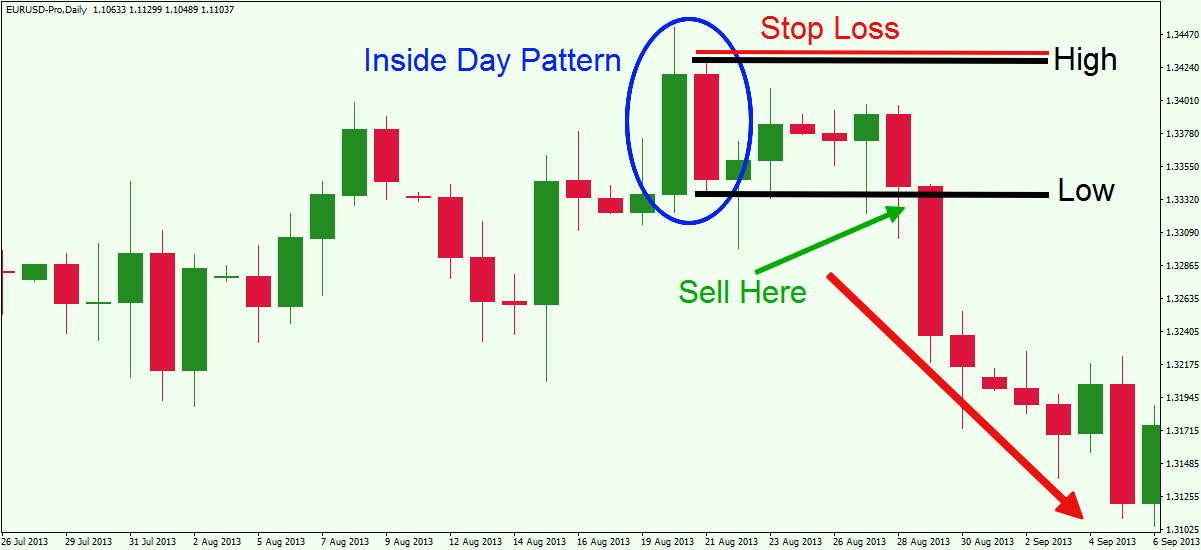

Bill Gross, head of the Janus Henderson Global Unconstrained Bond Fund, has predicted that the great bond bull market will finally begin to see a substantive decline in 2018. Since 1981 the bonds market has been a trusted source of income, and its premature demise has been forecast for many years.
Gross doesn’t envisage a seismic and sudden collapse of the bond bull market, but instead a gradual running out of steam.
While speaking to CNBC, Gross said he anticipates that yields on the 10-year will rise “10 to 20 to 30 basis points for the year.”
In July of last year, the benchmark 10-year note reached a generationally low yield of 1.43 percent, and Gross believes the days of mid-single-digit returns for bond investors are most probably finished. He said: “I think bonds produce a return of zero to 1 percent, is that a bear market? No. But it’s a market where investors don’t get much of a return.”
Gross’ bearish stance on bonds and stocks over the last year has damaged his fund’s performance, with the $2.2 billion fund returning only 2.2 percent in 2017, putting it in the bottom 25% of Morningstar rankings.
WE RECOMMEND THE VIDEO: Forex Vlog #2 Small Account Update & Weekly Trade Recap
In this Forex vlog, I share an update on my small trading account as well as a break down on trades taken this week!
The three central factors driving Gross’ prediction are inflation due to rises in U.S. GDP, decreasing purchases by global central banks after liquidity injections of $14 trillion in the last five years, and increased budget deficits in the United States.
In Europe, the European Central Bank has given some indications that its program of quantitative easing will most likely come to an end in 2018, while the U.S. Federal Reserve is already reducing its $4.5 trillion balance sheet. Gross believes any moves on interest rate hikes will be cautious with perhaps only two being implemented this year.
“The flush of money is being met by a flush of supply, and that produces higher rates. If we posit that in September or October much of this doesn’t go away but it stops increasing, then the pressure for slightly higher yields is probably with us.”